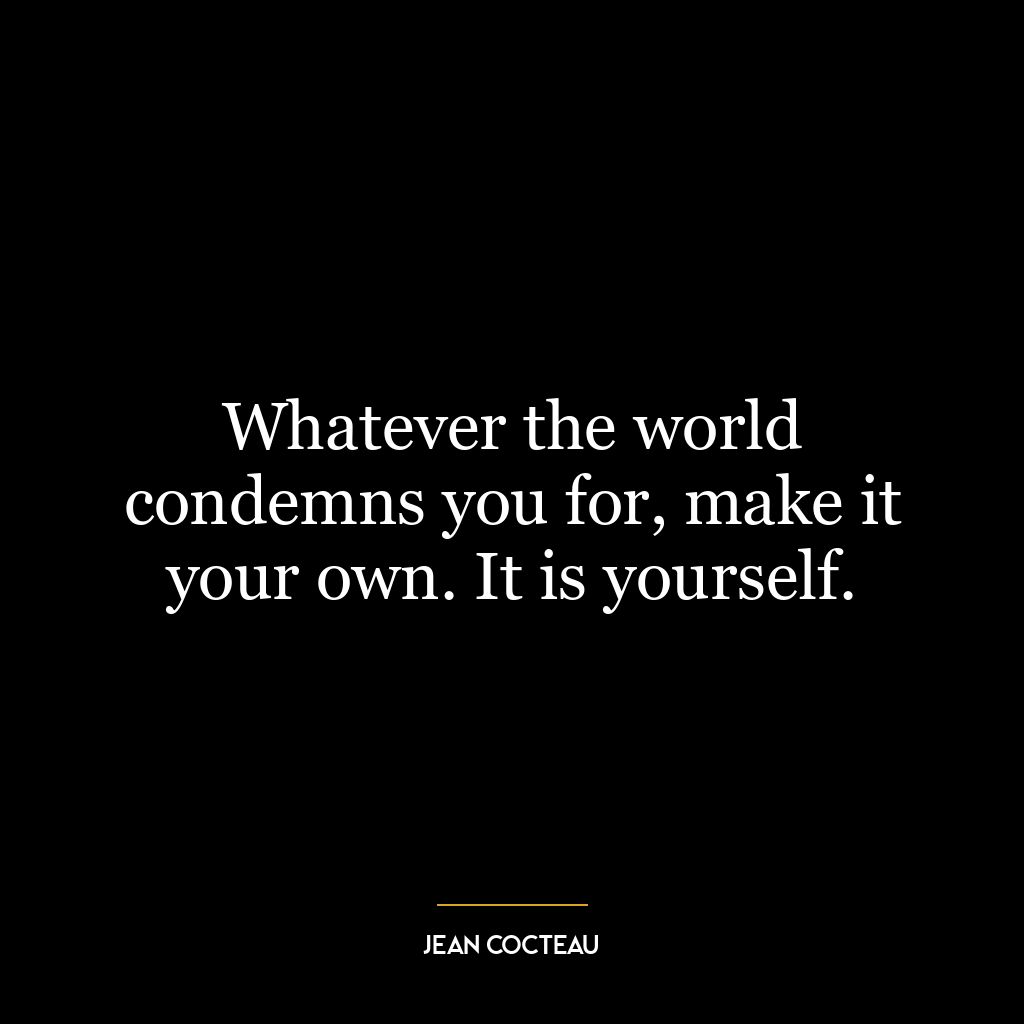This quote essentially suggests that being in a relationship where one has complete control over the other person isn’t healthy or beneficial. It specifically addresses women, implying that if they are in a relationship where they can control their partner, they might end up becoming a version of themselves they don’t appreciate or like.
The premise behind this quote is that relationships should be about balance, mutual respect, and equality. When one person has control over the other, it disrupts this balance, potentially leading to a toxic dynamic. The person with control might become domineering, manipulative or overly demanding, traits that they might not like in themselves.
Moreover, being in a relationship where one can control the other person might also lead to a lack of personal growth. Challenges, disagreements, and different perspectives in a relationship can often lead to personal development and growth. However, if one person is controlling the other, these opportunities for growth might be stifled.
In today’s world, this concept is increasingly relevant. With the ongoing conversations about gender equality and healthy relationships, it’s important to understand that control and dominance have no place in a relationship. Instead, relationships should be built on mutual respect, understanding, and equality.
In terms of personal development, this quote teaches the importance of self-awareness and self-reflection in relationships. It encourages individuals to reflect on their behaviors and attitudes in relationships, and to strive for balance and equality rather than control. It also suggests that individuals should be mindful of the kind of person they become in a relationship, and to strive to be a version of themselves that they like and respect.









